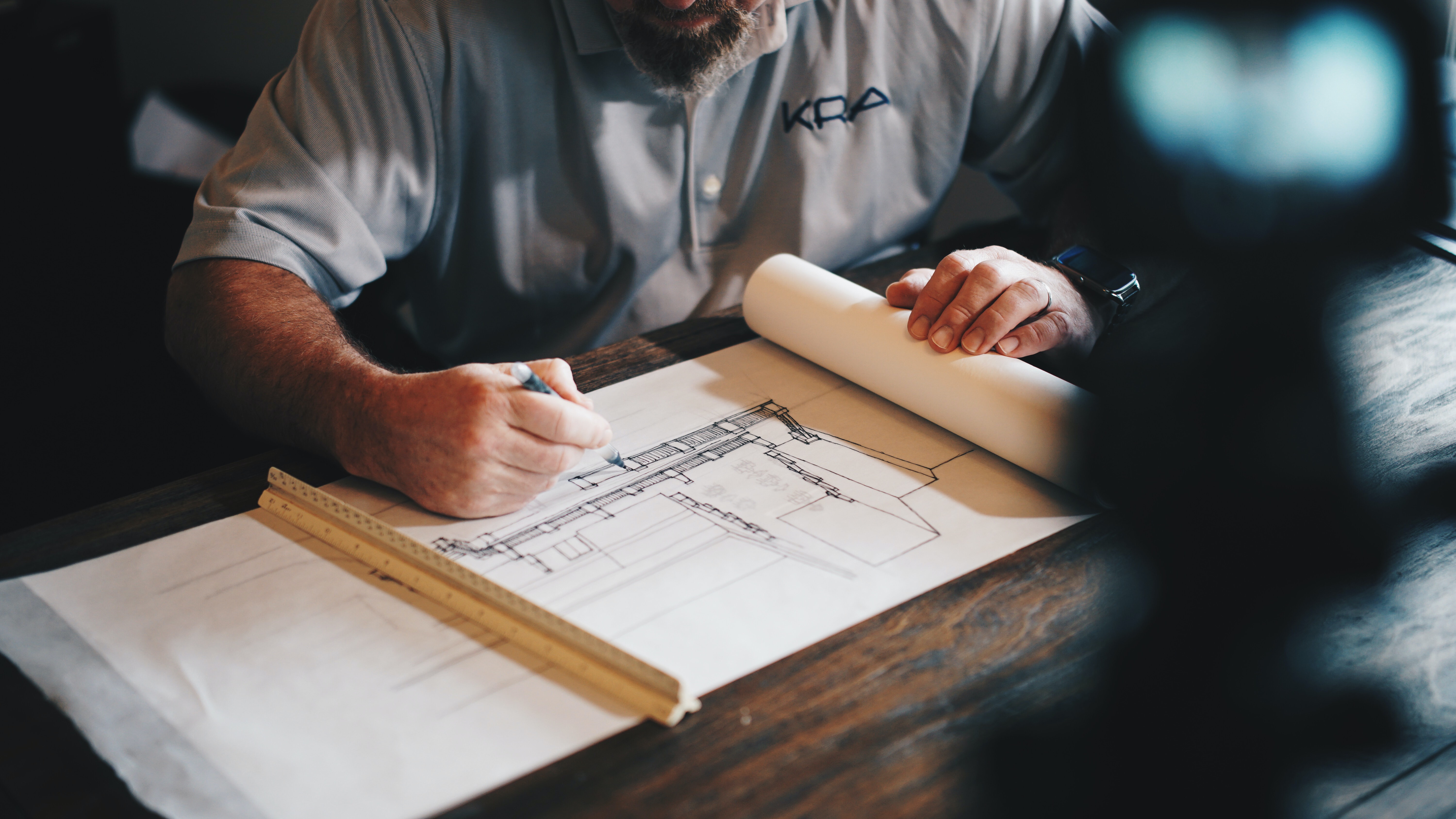
Construction Work Guarantee in the Construction Agreement

The special rules of Articles 1207 and following and the general rules concerning compliance with and non-compliance with the obligations of the Civil Code shall apply to the Construction Agreement.
Hence, the Construction Agreement involves two fundamental obligations which are justified to each other and to be borne by each of the respective parties: on the part of the contractor to carry out a certain work; on the part of the owner to pay the corresponding price.
Article 1208 of the Civil Code provides that "the contractor must carry out the work in accordance with what has been agreed, and without vices that exclude or reduce its value, or its suitability for the ordinary use of the work”.
In fact, the obligation to which the contractor is bound in the performance of the contract shall only be deemed to have been fulfilled provided that the contractor performs the contract without defect or simultaneously offers to perform it in accordance with what has been agreed with the owner of the work.
For its part, article 1218, no. 1 of the same Civil Code states that "the owner of the work must verify, before accepting it, that it is in the agreed conditions and without defects”.
Thus, the owner has the right to inspect it and if it has defects, he must report them to the contractor and demand their elimination. Only after a request for elimination with a precise indication of the defects and the consequent refusal or inability of the contractor to repair them will other rights be opened to the owner of the work, namely the construction of a new work if the defects are not repairable or if the cost of the new work is disproportionate, compensation or reduction in price and, finally, termination of the contract if the defects make the work unsuitable for the purpose for which it was intended.
Therefore, if the work is defective, the owner must act in accordance with the order of priorities established in the legal regime applicable to the Construction Agreement.
As such, the owner of the work cannot, without further ado, proceed to the elimination of the defects and claim compensation for the necessary expenses, as soon as the contractor is in default (delay or stalling in the elimination of the defects), but has the faculty to request, in a specific legal action "of execution" (or in arbitration if the parties have established this mode of dispute resolution in the Construction Agreement), that the elimination of the defects be carried out by a third party, at the expense of the contractor, that is to say, this faculty of the owner presupposes a prior conviction of the contractor (by means of a judgment), following which he can demand the elimination of the defects by a third party.
Therefore, in the event of faulty compliance of the Construction Agreement by the contractor, the law grants the owner of the work several rights, the first of which is to demand its elimination (article 1121, no. 1, 1st part of the Civil Code), and the rights conferred by articles 1221 (new construction) and 1222 (price reduction and termination of the contract) of the Civil Code cannot be exercised arbitrarily, but successively and in the order contained in those precepts.
Thus, only in the event of definitive failure by the contractor to eliminate the defects and in cases of proven urgency can the owner of the work eliminate the defects or redo the work, requiring the contractor to reimburse the corresponding expense.
In fact, in the project, the legal requirement that the owner of the work first as to ask the contractor to eliminate the defects of the work, and may not ask for the value of the repair to be made by a third party, aims to protect the right of the contractor to have the opportunity to correct his performance, which will no longer occur if there is urgency in the repair.
In turn, the price reduction implies the definitive default by the contractor in the elimination of defects and is made in accordance with article 884 of the CC. Thus, if the price for the valid part of the Construction Agreement has been discriminated as part of the overall price, this will be the price to be paid by the owner of the work; In the absence of discrimination, the price reduction is made by means of evaluation, extrajudicial (by agreement of the parties) or judicial (through the state courts, in accordance with the Code of Civil Procedure or through an arbitration court if the parties have established this mode of dispute resolution in the Construction Agreement).
It is also very important to bear in mind the time limits laid down by law for exercising the rights to eliminate defects, reduce the price, terminate the contract and receive compensation, under penalty of caducity of these rights.
Thus, when the item sold is a property, built by the contractor or by someone else who sold it, the complaint of defects shall be made by the owner of the work or by the person who bought it, within a period of one year, after the discovery of the defects, and the judicial (or arbitral) action shall also be brought within one year from the date of this complaint, and all this, within a period of five years, from the date of handing of the property, under penalty of caducity.
Thus, Article 1225 of the Civil Code contemplates three periods of limitation: (i) the (supplementary) warranty period of 5 years, counted from the handing over of the property to the acquirer; (ii) the period of 1 year, counted from the discovery of the defect, to exercise the right to complaint; and (iii) the period of 1 year, subsequent to the complaint, within which the action intended to exercise the right to eliminate the defects or to compensation must be brought.
If the defect becomes known within the warranty period, but before the warranty period expires, then the purchaser has one year from the time of knowledge to exercise the right of complaint and another year from the time of complaint to exercise the right of action.
If the defect only arises or is known to the acquirer of the building, after the warranty period has elapsed, the right to terminate the action can no longer be exercised.
Last but not least, it is the right of the owner of the work to be able, in these circumstances, to oppose to the contractor "the exception of non-performance of the contract", that is, to be able to refuse payment of the price of the missing work, under Article 428 (1) of the Civil Code, until the defects are eliminated by the contractor.
In conclusion:
- In order for a contractor to be in definitive default, it is necessary to know whether or not there is a non-compliance (default), i.e. whether there is a non-conformity between the performance and the content of the contract.
- In order to justify the termination of the contract, the delay must first be converted into definitive non-performance, by the interlocutory injunction referred to in article 808 n.º 1 of the Civil Code.
- And this interlocutory injunction must contain three elements: the citation to comply; the establishment of a term of perpetuity for compliance; admission or commencement (admonitory or intimidatory declaration) that the obligation will be definitively not complied with if compliance is not verified within the time limit.
- In the construction work relating to long-term buildings, the owner is obliged to observe the following periods of time, with a view to eliminating the defects, by denouncing them: one, of 5 years, a supplementary guarantee period (applicable in situations where the parties have not established a longer period), during which "defects may be discovered"; another, of 1 year, as from the knowledge of the defects (discovery), and the judicial (or arbitral) action must also be initiated within one year as from that denunciation, and all this, within that guarantee period, under penalty of caducity.
- In the event of default by the contractor, the contractor may refuse to pay the price of the missing work until the defects have been eliminated by the contractor.
March 2020.
This document is intended for general distribution to clients and colleagues and the information contained herein is provided as a general and abstract overview. It should not be used as a basis on which to make decisions and must not be relied upon in the absence of professional qualified assistance. Its contents may not be reproduced, in whole or in part, without the express permission of the publisher(s). If you would like further information on this subject please contact Alexandre Palma Aldeagas (apa@vma-associados.com).